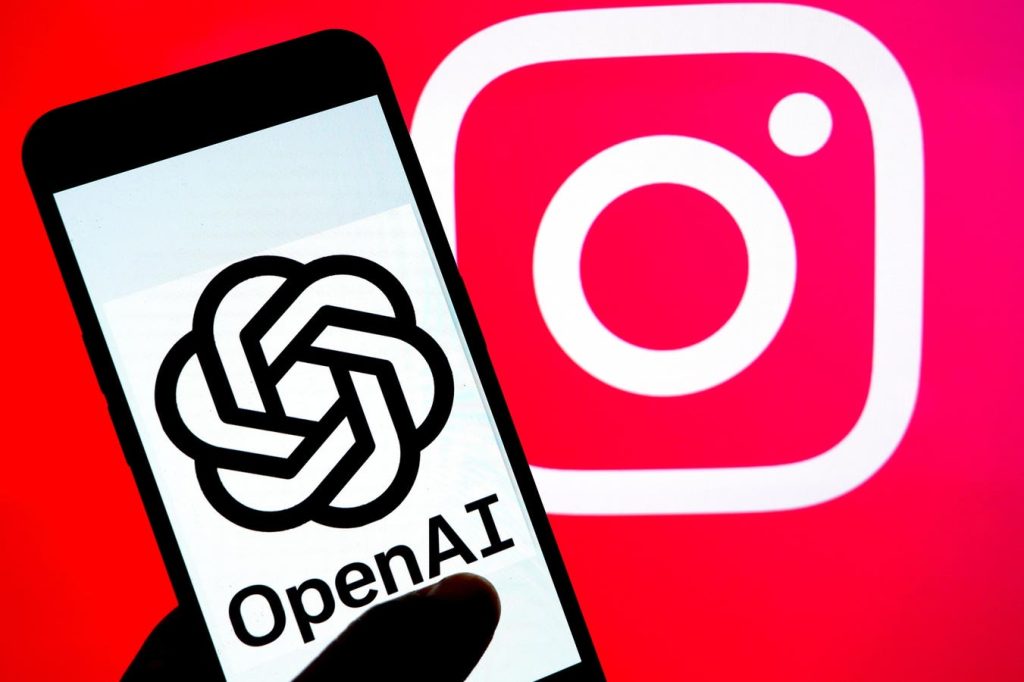After facing backlash for scraping YouTube data, OpenAI is now working to build relationships with content creators and influencers. The company is hiring a “Head of Internet Creators” to develop ties with influencers and is also employing creator and writing community specialists to act as ambassadors for its tools. However, OpenAI is facing complaints from creators over its use of transcriptions of YouTube videos to train its models, leading to lawsuits and allegations of unethical scraping.
OpenAI has tried to address these concerns by developing a “Media Manager” that allows content creators to identify their material and specify whether they consent to its use for training models. The company is also collaborating with creatives and influencers from various fields to understand the capabilities and limitations of its models. These partnerships seem to be unpaid, with artists receiving free access to OpenAI’s models but being restricted from sharing details about the models or their early access.
Influencers like Don Allen Stevenson and Celia Quillian have partnered with OpenAI to create content showcasing the use of its models, such as ChatGPT and Sora. Stevenson’s livestream on Instagram helped artists gain early access to Dall-E, while Quillian creates videos explaining how to use ChatGPT for various purposes. OpenAI is leveraging these partnerships to gain insight into how people are using their tools and to compete with companies like Google and Amazon in the AI space.
For some creators, these partnerships are not only about testing the capabilities of OpenAI’s products but also about influencing their development. Stevenson, who suggested adding a voice mode to make the tools more accessible, saw his idea implemented in ChatGPT. OpenAI’s efforts to foster relationships with content creators and influencers come as the AI industry faces increasing scrutiny over the use of copyrighted data and ethical concerns surrounding data scraping.


